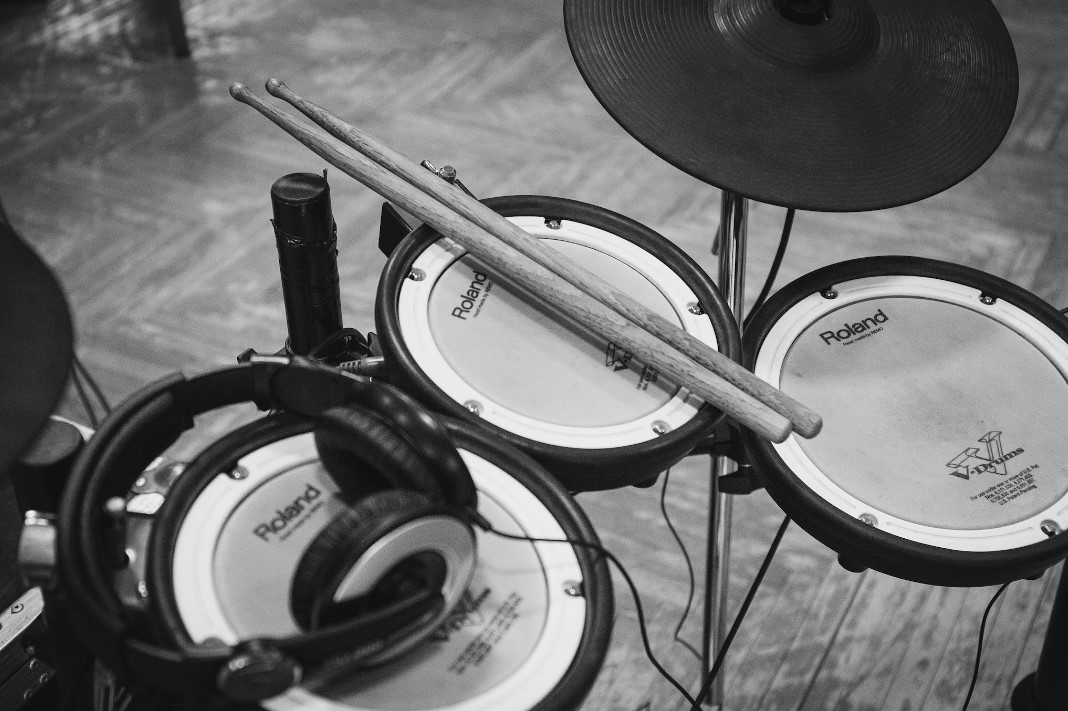Electric drums are often considered the new kids on the block, no matter if you’re new to the music realm or if you’re a jam session veteran. Although they function in a very similar way to traditional drums, there are some differences that make them a unique addition to the world of music. As such, this compels many people to research and find out how they function. That said, the following is a closer look at electric drums and how they work.
The basics
Before we can delve into the particulars of how electric drums work, we need to take some time to understand the basics. In particular, to comprehend how they function, you need to understand two working parts: the transducers (trigger pads) and the brain (drum module).
Transducers
For those who are yet unfamiliar, transducers are the trigger pads on an electric drum set. They act as triggers that can be attached to virtually any instrument, including drums, and are used to establish control of each instrument. In other words, transducers act as triggers and are responsible for transferring signals to the drum module.
The drum module
On the other hand, the drum module, or brain, is an electronic device that acts as the sound module and central processing unit. This digital music device is vital in producing or creating the sounds that emit from the drum kit or other sounds that the drummer may play.
How they work
Although there are other parts, the transducer (which is buried in the housing unit) and the drum module are the two most important ones – they work together, along with the drumsticks, to create the sounds made by electric drum sets.
Located beneath the playing surface (which is generally made from either mesh or rubber), each of the transducers, or trigger pads, has at least one sensor, which generates an electronic signal when struck with a drumstick or a comparable object. However, for the sound to be audible, the electronic signal is sent via cables into the drum module.
From there, the drum sound (or other sounds that may be stored in the drum module) can then be heard. However, much like traditional drum sets, the amount of noise made by the drum depends on how hard the surface/transducer is triggered.
Ready for an electric drum set?
Overall, as far as the musical realm is concerned, electric drums have been a major game-changer. Not only are they perfect for small spaces and allow musicians to control how much noise is emitted, but they’re also highly portable and available at various price points. This often makes them a worthy investment, even for those who already own acoustic drum sets. In other words, electric drum sounds can be vastly different from those made with acoustic sets. So, please be mindful of this before you decide which type is right for you.

